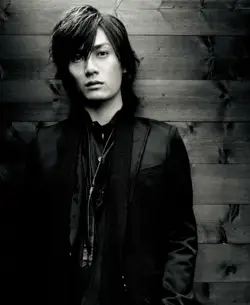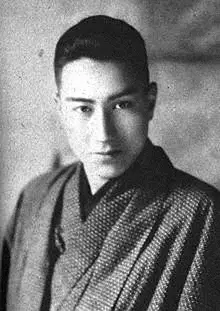
Drama Digest
Zhong Da Hai, a basketball expert, suddenly finds himself in a girl’s body after an accident. But that doesn’t stop his determination to make his team win. Yet his teammates are lazing away in his absence. So he takes the role of a team manager and changes his name to Zhong Yan Xin. Meanwhile, with Ye Ran’s advice, he follows the doctor’s advice to keep himself in check under this miraculous change of events.
The Feel-Good Part
Subtle comic banters that arise due to this confusion about Zhong Da Hai’s identity pose as funny.
The Disappointing Factor
Standardization of gender change governs the comic factor. The drama relishes a generous amount of this notion and makes toxic hilariousness one of its essential elements.
In-Depth Analysis
The drama dwells upon gender change as the central concept behind the creation of comical nature. While the confused situation pertains to farces, the way of showing it might not.
It’s surprising how gender change exhibits such toxicity without hesitation. Da Hai’s transition to Yan Xin is also symbolic of transgender identity. But it all depends on how the person chooses to define themselves. He tries to convince everybody that he is Da Hai, not a girl. From here, it can be assumed that he has decided to define himself as a guy and acts like himself. But when he visits the doctor, he advises him to act like a ‘normal girl’. This notion of ‘normal girl’ is problematic as the features attributed to define a girl ‘normally’ are hugely based on society’s stereotypes and assertion of gender-based attributes. It sets the boundaries between a ‘normal’ and a ‘hysterical’ girl. This subtle line comes into view when Lu Xing Qi tells Yan Xin to visit the psychiatrist because of her ‘outrageous’ behavior. Maybe since Yan Xi constantly insisted that she’s Da Hai, Xin Qi commented that way. But the writer’s ignorance of positing the character’s nature and attaching this comment shows that the tag of hysterical woman can be added as and when possible once the woman acts outside the set stereotypes. This vagueness reveals itself through the central concept of gender transition. The binary assumption of Da Hai/ Yan Xin posited based on his/her biological identity holds the popular stereotype of equalizing gender and sexuality under one umbrella. Gender division is created by society, while sexuality doesn’t base on physical identity. A person can be biologically female but can choose to define his sexuality as male. But this decision falls under the toxic radar of ‘abnormality’ based on society’s definition of gender. This exact thing happens in the drama. Da Hai chose to remain himself after the transition. But he couldn’t surpass society’s stereotypical rulebook and is constantly expected and told by others to act ‘like’ a girl.
Moreover, the compartmentalization of women strengthens with the introduction of cheerleaders to the team. The reason behind doing so was to ‘enhance’ the energy of the male players. This idea itself reeks of virulent perspective. Whenever a girl comes in, the male characters circle them, judging their physique. This visual connotation of objectification is vivid. The relevance of the cheerleading team stands wholly on the ground of objectification.
The drama nurtures different interpretations in this matter, and the length of uncomfortable comic invocation continues to make its presence till the end. The writer was quite unkempt on Da Hai’s transition and created comical situations based on an ignorant understanding.
Star Power
Pan Yue Tong, Wang Jun Hao, and Zheng Ming Xin acted. The supporting cast showed great attempts as rookie actors and actresses.
Overall Opinion
If you’re up for a blood-boiling perspective of how obnoxious understanding is veiled with the comical garment and eased off with maniac laughter. Then this drama won’t disappoint you.




















